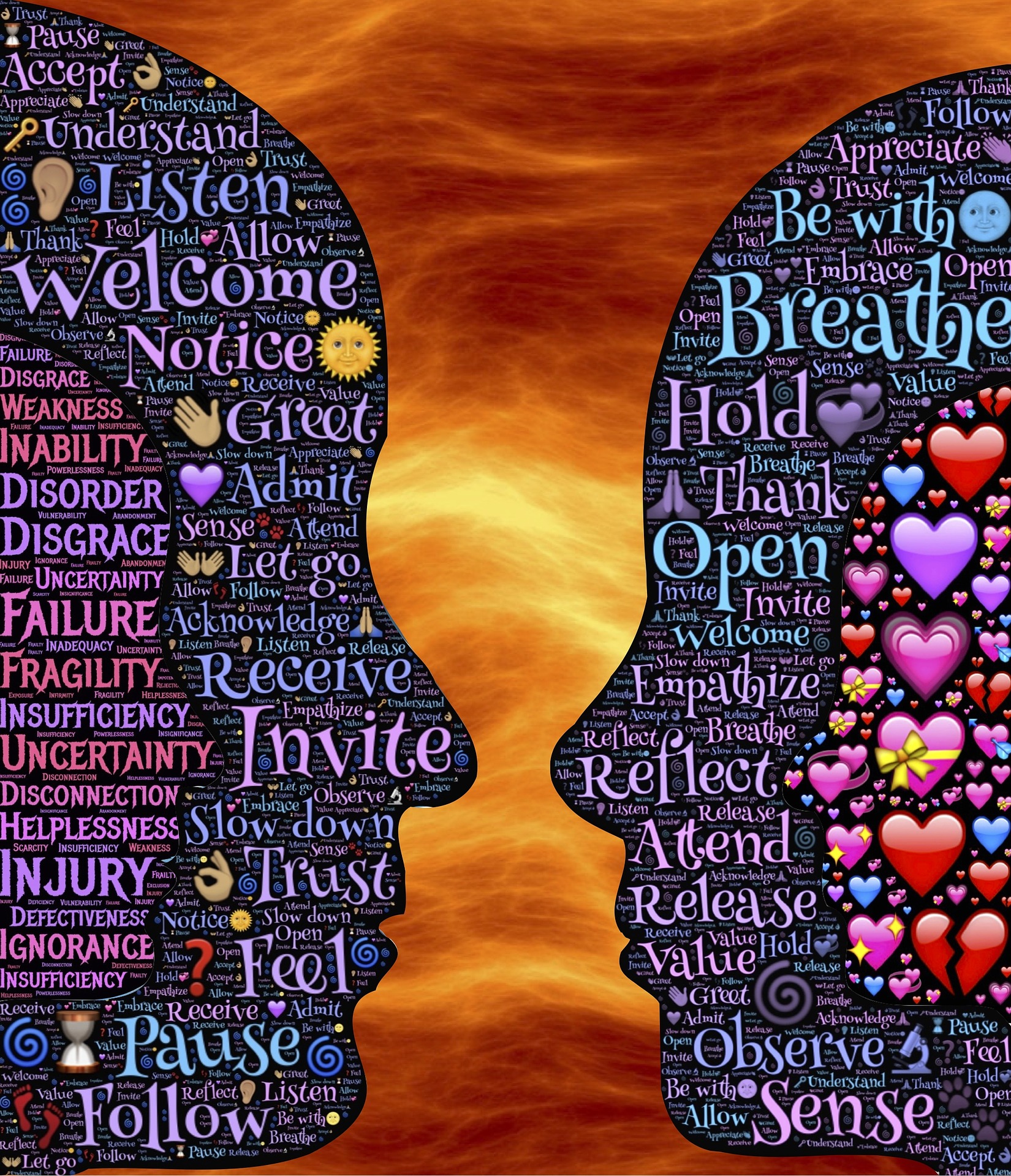3 Habits of Empathy to Help You Connect with Colleagues at Workplace
Empathy in Societies
As neuroscientists discovered more than 10 years ago, empathy, the ability to feel, identify and understand other people’s emotions, is deeply wired in our brains. Empathy seems to be the building block of morality and the key to successful relationships at work and in personal life.
In Barack Obama’s 2008 presidential campaign, empathy was a major theme:
“There is a lot of talk in this country about the federal deficit. But I think we should talk more about our empathy deficit – our ability to put ourselves in someone else’s shoes, to see the world through those who are different from us – the child who’s hungry, the laid-off steelworker, the immigrant cleaning your dorm room.”
Obama emphasised the vital role of people having empathy for one another as a part of the solution to major social problems and their symptoms in American society: fragmented communities, decreased civic engagement, and deepened individualism. Many analysts believe that European countries face similar social problems resulting from the lack of empathy, as Roman Krznaric writes in Empathy, Why It Matters and How To Get It.
It Pays Off to Be Empathic
David Deming of Harvard University considers empathy, among other social skills, to be increasingly important for a variety of jobs, not only health care workers, therapists and others at the interface with customers also benefit greatly. Empathy is also important for software engineers and managers especially, in workplaces where collaboration is required.
Deming’s study shows that in the last 10 years, the labour market rewards the professionals with social skills. For example, nowadays, a programmer with good math skills and high social skills gets higher income than a programmer with similar math skills but lower social skills.
Programmers and any other professional working in an organization are more likely to get along and work efficiently as team members if they have the ability to understand the experiences and circumstances of their colleagues. The exercise of empathy between team members may result in an all inclusive working culture, where members of the team have the feeling of being seen, heard and appreciated for their contribution.
The Choice of Growing the Empathetic Muscle
For some people, empathy may be natural to express in interactions at work. For others, it may require more conscious effort, especially when the working memory is overloaded with thousand tasks.
The good news is that empathy can be developed by consciously choosing to practice it in everyday life. Inspired by George Orwell’s model, Krznaric recommends to try another person’s life as a habit to foment empathy. George Orwell collected the material for his book, Down and Out in Paris and London, after living as a beggar in the streets of Paris and East London. This experience radically changed his beliefs, priorities and relationships.
“I wanted to submerge myself, to get right down among the oppressed.”, Orwell wrote.
Curious to Listen
In the workplace, you don’t need to move in with your colleague to understand more about his life. It may suffice to have short coffee breaks weekly and have the genuine curiosity to learn more about his life. Listen carefully to what’s important to him.
Curious to See
Further foster the curiosity about others lives by asking to see photos of their children and beloved ones. Looking at the photos of the people who are most important for colleagues enables us to acknowledge their individuality and perspectives.
Open Attitude
Be a supportive team member by guessing what might be going on with your colleagues, what concerns and hesitations they might have about a particular project. Reach out to them and open the discussion. Put aside for a while your role in the project. Instead cultivate an open attitude to understand other points of view.
On a scale from 0 to 10, how natural it is to you to want to understand more about different standpoints?
What new beliefs would you want to embrace?
What would be the positive intention behind embracing the new beliefs?
What story do you tell yourself about other team members?
“… We are confident when the story we tell ourselves comes easily to mind, with no contradiction and no competing scenario. But ease and coherence do not guarantee that a belief held with confidence is true. … ” (Daniel Kahneman, Thinking, Fast and Slow, pp. 239)
What is the truth that you are looking for when interacting with others at work?
Empathy is the skill that gives us the sense of being connected to the people at work, in the family and community. The more we are willing to practice empathy, the more we’ll see the common humanity we share with others and we’ll respect their individuality. Not to mention that it is fun and stimulating to be in a group of individuals of complementary strengths, behaviours and ideas.
This post was originally published as a guest post on Panda-Training blog. Panda-Training is a Finnish startup with the vision of bringing transparency of competition and collaboration to the corporate training industry.




